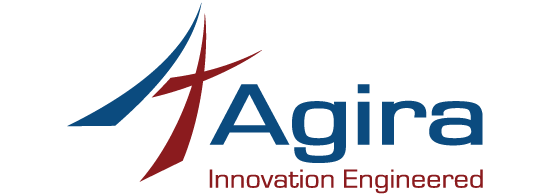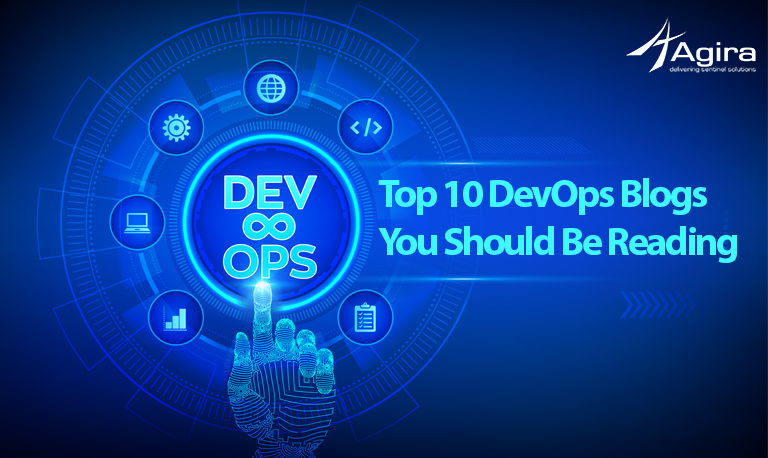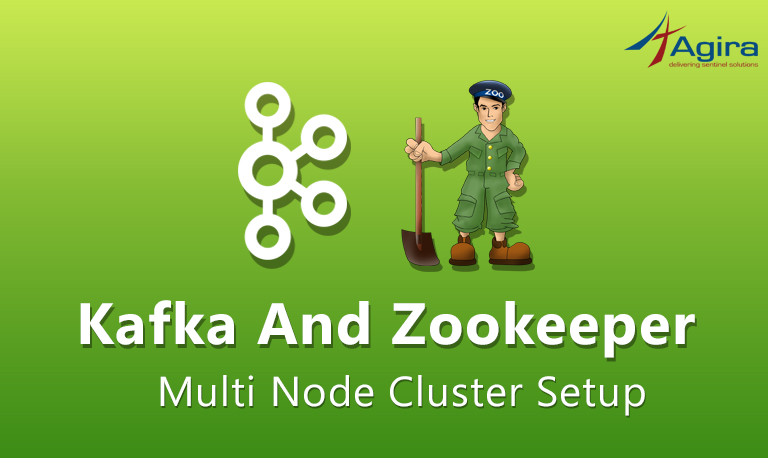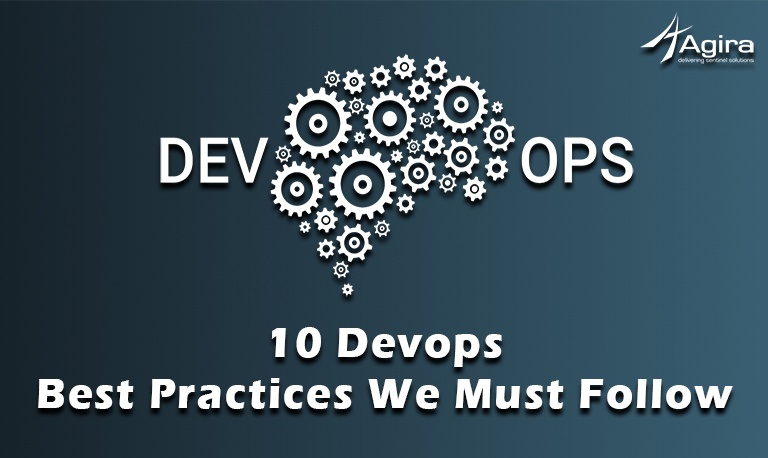Looking for the best suitable DevOps tools for Infrastructure automation and Monitoring?
Every DevOps engineer is striving for good tools that help them in speeding the application delivery. The DevOps tools are utilized for automated actions among the teams to build, test and deploy highly reliable and scalable applications/ Software. But, choosing the right tool isn’t an easy task.
Practically, you have to determine the tools to use in your infrastructure because there is no single tool that fulfills all the requirements. There are several factors you should consider such as monitoring, automate builds, code deployments, configuration management, server provisioning, operating model, tool architecture, usability, your experience, and much more technical or business requirements.
What are the benefits of DevOps infrastructure automation and monitoring tools?
Infrastructure automation is a process describing the configuration as a script. Every single configuration is created for different purposes. It is processed to manage communications and operating systems. To put it in short words there two major reasons for automating your infrastructure.
The DevOps engineers save loads of time in regular tasks and also on solving critical issues. Automation helps to manage complex environments for faster scaling. The DevOps tools can help you get the most out of infrastructure automation.
We will take a look at the core tools that are used in a typical DevOps environment to achieve faster delivery.
Most popular DevOps tools for Infrastructure automation and Monitoring
- Jenkins
- Puppet
- Chef
- Vagrant
- Docker
- Saltstack
- Ansible
- Juju
- Sensu
- Consul
- New Relic
- Monit
1. Jenkins

Jenkins is a Java-based continuous integration tool used for orchestration for the application provisioning and deployment. It has to be associated with a version control system (SVN) when you want a new code to push into the code repository.
The Jenkins server allows you to build and test the new code and notifies the team about the process, changes and final results. Jenkins as an orchestration tool used for building pipelines. You can also configure polls for any comments on SVN and trigger builds and regression tests on the new code that is added according to the latest code commits.
2. Puppet
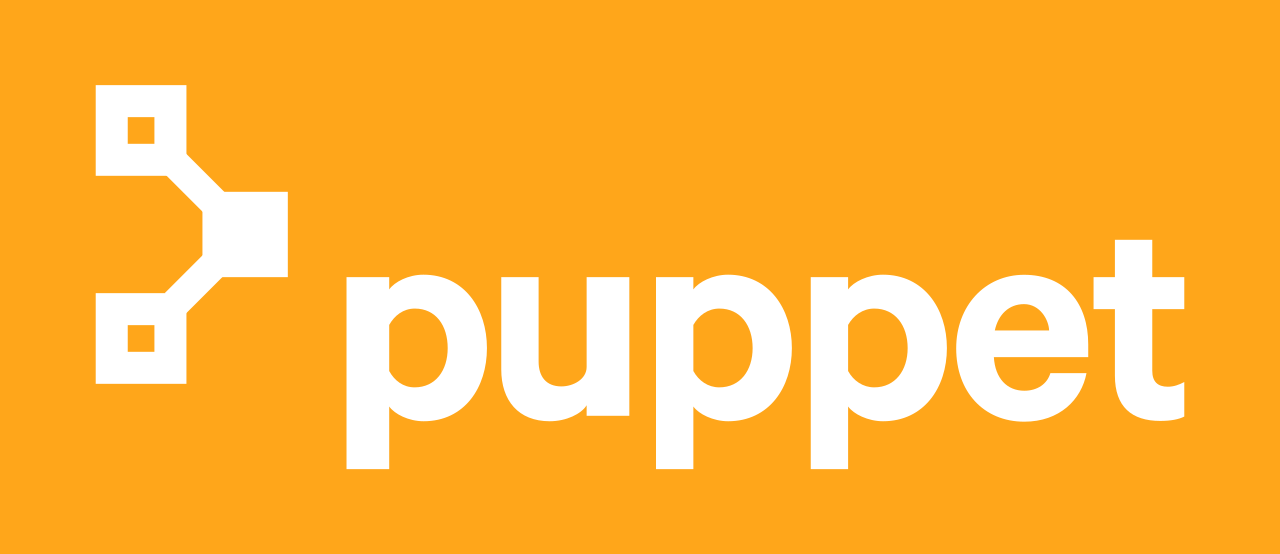
Puppet is a ruby based configuration management tool. It is written with puppet DSL and is wrapped in modules. Puppet is developed with special consideration of system administrators. The design of Puppet felicitates fast deployment, efficiently manages the infrastructure as code with a task-based approach. Which improves the overall quality of the software.
It runs a puppet agent running on all servers that need to be configured. Instead of running any codes on the infrastructure it builds a graph that represents the code base of the infrastructure. It will also figure out the best possibilities to achieve the desired state. Puppet pulls a complied module with the specification desired and installs the software needed to complete the tasks. You can find all the puppet community modules called Puppetforge here.
3. Chef
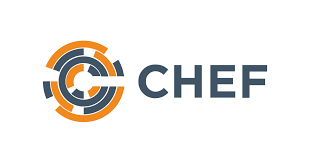
Chef is one of the most popular agent-based cloud infrastructure automation tool for configuration management. Ruby-based DSL is used, you have to code your infrastructure and define the configuration scenarios. It uses agents to configure VMs and severs according to the rules define in the cookbooks.
You’ll need an agent running on all the servers that require to be configured. Chef is helpful to maintain consistent configuration, this reduces the operating costs, with effective data centers management. And it also offers customization, flexibility, and readable configuration policies.
The tools provide the support of simple migration, allows you to integrate with multiple platforms such as FreeBSD and AIX. Chef provides you with a rich selection of ready to use templates. You can find everything you need on the community cookbook here.
4. Vagrant

Vagrant is another most popular tool for configuring virtual machines for your development environment. The tools run on the top of VM solutions such as Virtualbox HyperV etc. Vagrant can handle all the configurations with help fo Vagrantfile. This Vagrantfile contains all the configurations required for the Virtual machines. You can create a configuration, it can be shared with other developers to imitate the process of the same configuration. Vagrant also provides plugins for cloud provisioning, infrastructure automation tools, and Docker.
5. Docker

Docker will be another most preferred tools for continuous integration and deployment. Docker is an automation tool build on the top of Linux containers with the support for containerization.
Docker works on the concept of process-level virtualization and creates isolated environments for applications which are known as containers. The containers can be easily shipped to another server without any changes made to the application, which further doesn’t have any OS-related dependencies. Docker is predominantly used by DevOps professionals in cloud computing and has active community support on both Windows and Linux.
6. Saltstack
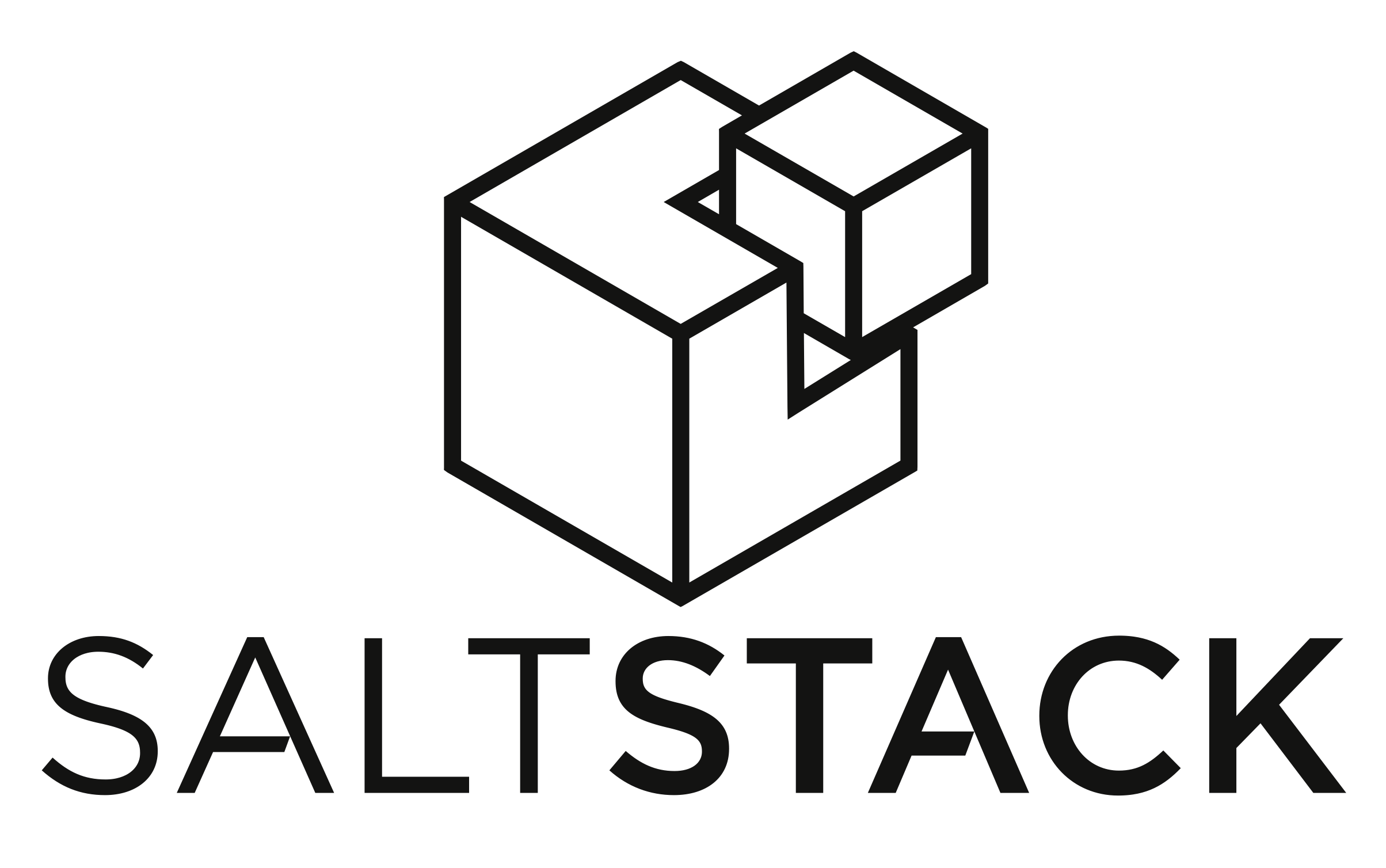
Saltsack is a Python-based configuration management tool. Unlike like few other tools which pull the code for configuration from the server, Saltstack pushes the code to various node simultaneously.
It compiles the code faster than Puppet and Chef and the configuration of the code is also pretty quick.
7. Ansible

Ansible is complete agentless configuration management as well as an orchestration tool. The configuration modules are written in YAML format and it is termed as “Playbooks”. You can find all the community playbooks for your use here. Ansible is used for integration, automation, development, testing, deployment and performance management.
The way of interaction between the system and its components is described by the user. It reduces the complexity and removes unnecessary repetition in your infrastructure with ease use. Ansible can also be modulated for multi-tier deployments and cloud provisioning.
8. Juju

Juju is a Python-based orchestration tool used to configure applications, scaling and deployment of the application. It was developed by Canonical with attractive UI for cloud environments when orchestrating your applications. Juju comes with the provision of using a Command Line Interface to perform all the related tasks.
9. Sensu

Sensu is a monitoring framework used as a monitoring tool, specially built for cloud environments. It is open source and written in Ruby. Sensu comes with ease of deployment just like Chef and Puppet. It also has an enterprise edition for advanced monitoring.
10. Consul

Consul is an open source secret/ configuration management tool. It is considered ideal for server discovery and a highly accessible key-value store. Consul allows you to have a use case to store and retrieve the configurations in real-time.
11. New Relic
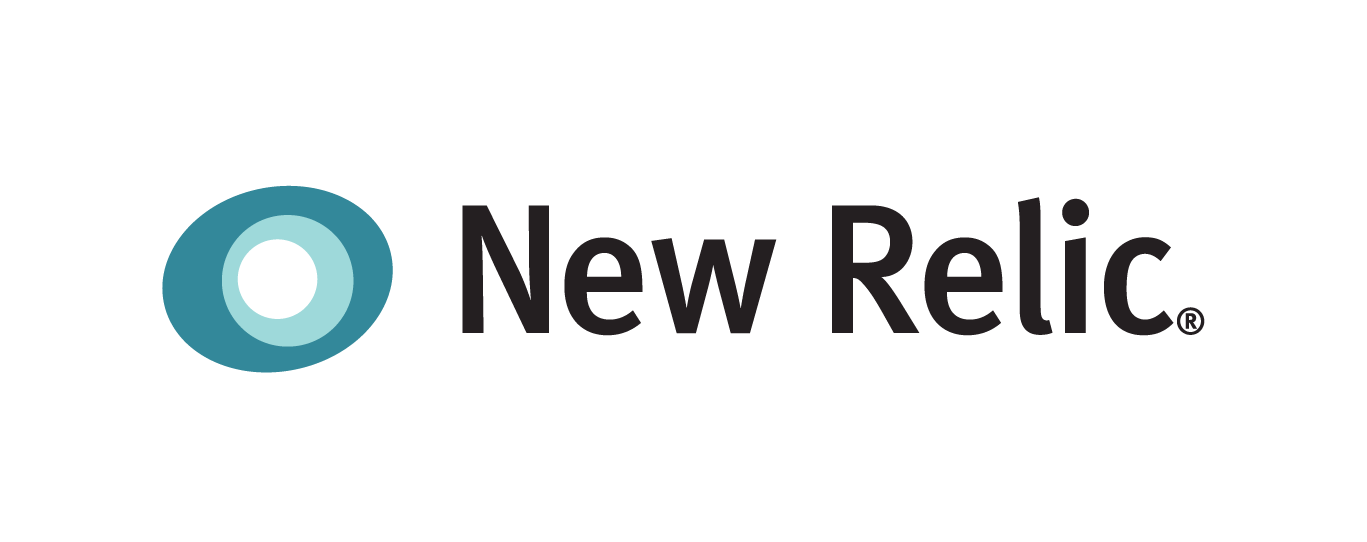
New Relic is a cloud-based solution for monitoring. This tool provides monitoring support for PHP, NodeJS, Ruby, and Java. New relic gives real-time notifications about running the application. The agent should be configured in the application which will get all the real-time data and provides various metrics on the monitoring of the application.
12. Monit
Monit is one of the best tools for managing and monitoring Unix systems, sever protocols, IP ports, remote hosts and several cloud services. It is an open source tool is easy to configure and can be used for multi-service architecture with hundreds of microservices.
This tool provides monitoring of the machining process to ensure it is running accordingly. Monit will fix the detected errors and repair them. It will restart the Apache process if needed. It logs all the information about the recorded errors and system state. You will receive notifications while you configure if there is any recovery status, restarts of services, critical processes or any critical errors are handled.
Final Thoughts
Infrastructure automation and monitoring is an essential task encountered by DevOps engineers on a regular basis. Being more organized and clear about your requisites can help you work more productively on repetitive tasks. It also improves the overall security and performance of the infrastructure.
Orchestration, secrets management, and monitoring are the challenges faced during infrastructure automation. Take advantage of these most popular tools mentioned here. The usage and selection of a particular tool solely depend on factors such as functionality, cost, expertise, etc and remember the requirements of the team.
At Agira, we implement some of the best DevOps tools for automation processes and monitor resource use. Get in touch with our experts to implement DevOps for your software development, maintenance, and deployment.
